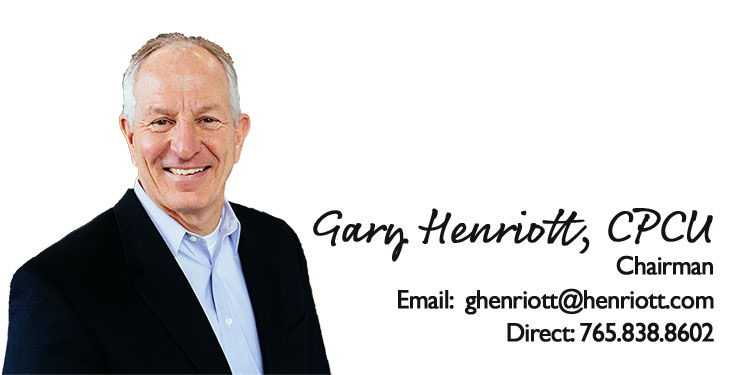Is the Insurance Industry at it Again? Part 1
Posted by: Gary Henriott, CPCU on Thursday, March 26th 2020
Without getting into the weeds too deep, I thought I may be a good time to remind ourselves what insurance is and what it is not. So, let’s start with the basic idea- Insurance is the sharing of risk- the idea is that when events are unforeseen and accidental, the financially negative impact of those occurrences could be shared by all those that face similar exposure to the same kind of loss. In that sharing mechanism each party participating (the many) contributes a relatively small amount to pay for the potentially large losses of the few. So, many purchase auto insurance and pay their premiums so that the few that have accidents and are exposed to potential catastrophic financial cost will be protected. It sounds simple- and in context, it is. But, as with many things, the devil is in the detail.
The problem is that the insurance mechanism has its limits. There are risks we face where insurance cannot and will not respond because the potential financial claims cost is so large. Flooding is a good case in point. Flooding damage can be so wide spread geographically and the potential financial impact so large that the insurance industry can not respond. Why- you may rightly ask? Because not all that many people are willing to buy flood insurance coverage when they don’t feel that they will ever need the coverage. The cost of flooding is so high that those that live in areas that have the highest exposure to flood cannot afford to buy the coverage because the premiums for the coverage would be unaffordable. So the government (in the case of flood coverage) provides stop loss protection for insurers participating the National Flood Insurance Program. They do this because without their financial backstop, there would be no insurance market at all.
Other examples of loss exposures not covered by the private insurance marketplace are nuclear explosions and the contamination that follows, acts of war and most recently terrorism following the 9/11 attacks. The question is, can the catastrophic losses of what we are currently facing-the COVID-19 virus be insured??? And, if so, by whom?
